Scientific Oppression, Biological Reductionism, and the Future of NeurotechnologyFebruary 25, 2021 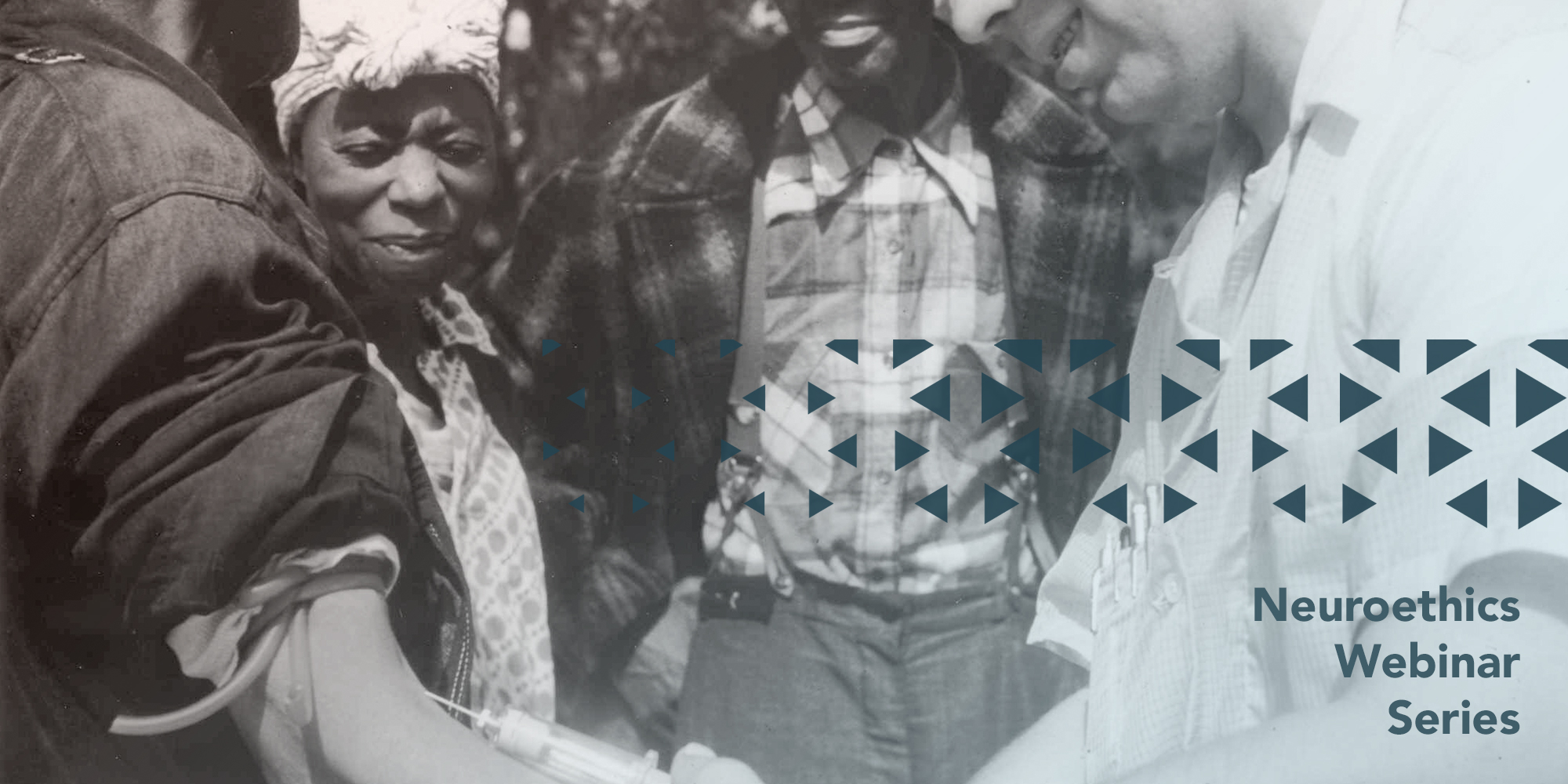 Technologies that record and stimulate the brain are set to transform medical treatment, interpersonal life, and even what it means to be human. But these neurotechnologies may, if we’re not careful, continue legacies of harm against people of color, women, LGBTQIA-identifying persons, and disabled people. How can we keep neurotechnology from becoming oppressive? What would 'anti-oppressive' brain technology look like? The INS Diversity & Inclusion Task Force organized a stimulating 90-minute discussion in which panelists shared their unique perspectives on what role neurotechnology and technologists could play in exacerbating or thwarting scientific oppression. Speakers included:
Recording
Speakers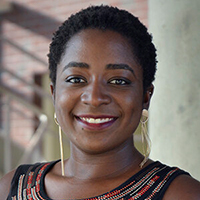 Jasmine KwasaCarnegie Mellon University Jasmine Kwasa is a PhD candidate in Electrical and Computer Engineering at Carnegie Mellon University, where she is also a NIH F99/K00 Neuroscience Fellow. Her work merges cognitive science and neuroimaging to identify non-invasive EEG correlates of attention in neurotypical and disordered populations. Jasmine aims to use her training in engineering to further use and develop inclusive neurotechnologies that are accessible to people of all genders, races, and abilities. 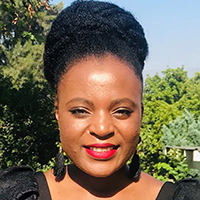 Olivia MatshabaneUniversity of Cape Town Dr. Olivia Matshabane is a postdoctoral researcher in the Department of Medicine at the University of Cape Town, South Africa. She is trained in psychology and ethics of African genomics. Her past work focused on exploring how a genetic attribution to disease relates to the stigma experiences of South African Xhosa people with schizophrenia. Her current research focuses on questions around feedback of incidental findings in the context of neurogenetics research. Dr. Matshabane received her PhD in Medicine from the University of Cape Town, her Master’s from the Stellenbosch University, and her bachelors from the University of the Western Cape, South Africa. 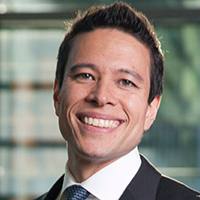 Francis ShenUniversity of Minnesota Dr. Francis X. Shen, JD, PhD is an Associate Professor of Law, McKnight Presidential Fellow, and faculty member in the Graduate Program on Neuroscience at the University of Minnesota, and the Executive Director of the Harvard MGH Center for Law, Brain, and Behavior. He directs the Shen Neurolaw Lab, whose Lab motto is, “Every story is a brain story.” He also serves as the Executive Director of Education and Outreach for the MacArthur Foundation Research Network on Law and Neuroscience. Dr. Shen received his B.A. from the University of Chicago, his J.D. from Harvard Law School, and his Ph.D. from Harvard University. Dr. Shen conducts empirical and legal research at the intersection of law and neuroscience. He has co-authored 3 books, including the first Law and Neuroscience casebook (Aspen). He has also published articles on a range of neurolaw topics, including memory and lie detection, cognitive enhancement, criminal justice, brain injury, evidentiary admissibility, sports concussion, juror decision-making, criminal mental states, dementia, and mental health. He also teaches and writes on artificial intelligence and the law. 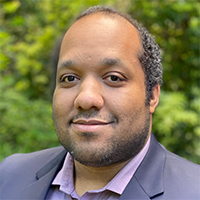 Tim BrownUniversity of Washington Dr. Brown is a Postdoctoral Research Associate working in the Department of Philosophy at the University of Washington, working primarily on a National Institutes of Health–funded project on the effect of neurotechnologies on user’s experiences of agency. Further, he is long-time contributor to the Center for Neurotechnology's (CNT) Neuroethics Thrust where he supports efforts to teach neuroethics to young investigators, catalyze ethics investigations through interdisciplinary collaborations, and promote the field of neuroethics through public outreach. More generally, Dr. Brown’s work lies at the intersection of biomedical ethics, philosophy of technology, (black/latinx/queer) feminism, and aesthetics. SupportWe are able to provide free access to Neuroethics Webinar Series events thanks to the volunteer contributions and financial support of our members. Please consider making a donation or joining the Society to help us continue to organize more online events like these. Donate |
